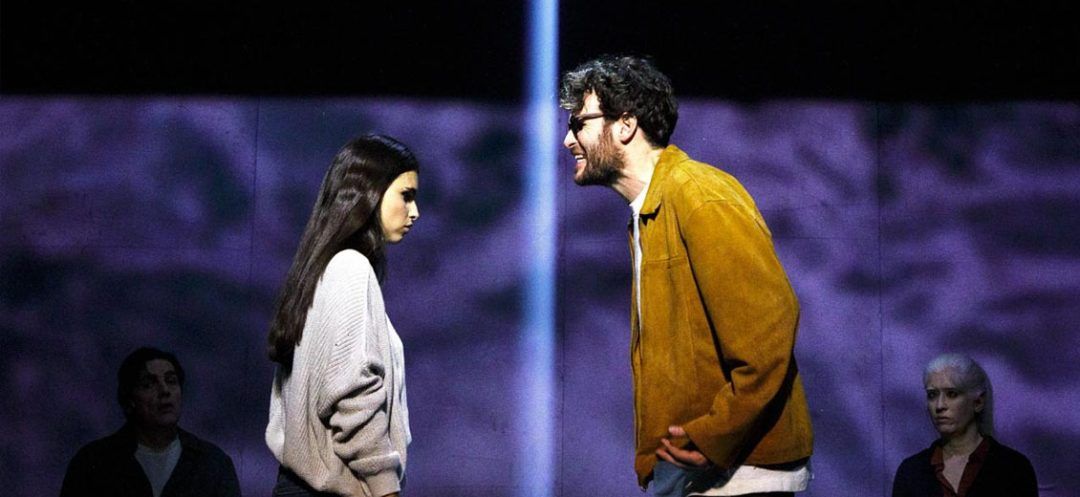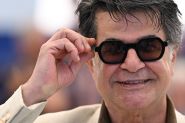
The Festival d’Avignon welcomes a unique production of Chekhov’s The Seagull, performed by a troupe of visually impaired Spanish actors, challenging perceptions and pushing boundaries.
In a groundbreaking performance at the Festival d’Avignon, a troupe of visually impaired Spanish actors takes center stage with their adaptation of Anton Chekhov’s classic play, The Seagull. Directed by Peruvian theater director Chela de Ferrari, this innovative production challenges preconceived notions about disability and showcases the extraordinary talent of its cast.
The stage is stripped bare, with only a few tactile markers on the floor to guide the actors. An actress-stage manager, Macarena Sanz, provides audio description, painting vivid pictures of the absent sets and describing the audience to the troupe. De Ferrari, known for her work on inclusion, having previously directed a production of Hamlet with actors with Down syndrome, has now tackled another theatrical monument with a unique cast.
Out of the dozen actors from the National Dramatic Center of Madrid, only two have sight. The others are blind or visually impaired, with some having as little as 10% vision. However, on stage, there are no white canes or dark glasses, except for a beach scene. The audience is left guessing who can see and who cannot, as de Ferrari plays with their preconceptions.
Belén González, a 25-year-old non-professional actress who has been blind since birth, portrays Nina with a unique grace, her body moving through space in a way that fascinates de Ferrari. “I see Belén, and I am totally fascinated because a sighted actress would have never done it like her,” the director confides, refusing to “romanticize” the situation.
De Ferrari instructed her actors not to hide their struggles, allowing them to search, stumble, and navigate the stage authentically. The disability becomes a driving force in the plot, as in a scene where Nina and Boris, played by sighted actor Agus Ruiz, make love on a dance floor amidst the blind actors. “They make love next to blindness, taking advantage of the others’ lack of sight,” de Ferrari explains.
González found it easy to embody Nina’s vulnerability and combativeness, drawing from her own experiences of being told, “As you are blind, it’s going to be complicated.” The production highlights Nina’s blindness and her unique way of moving through the world, with de Ferrari embracing González’s movements and the frustration that comes with searching for something and not finding it.
With only 38 days of rehearsal, the troupe had to meticulously plan the staging, which includes several group choreography scenes set to techno music featuring Chekhov’s lines, reminiscent of Stromae’s style, and a delirious karaoke scene.
Lola Robles, who plays Arkadina and sees “absolutely nothing,” is no stranger to inclusive theater. As an accessibility consultant on the play, she devised a system of pompoms hanging behind the curtains to help actors identify which wing they have entered. Thin wooden slats nailed in a cross pattern on the floor indicate the actors’ positions on stage.
“We who do not see, we orient ourselves with the sound of footsteps on stage. Sometimes we ask others to sigh to locate them, or to snap their fingers,” Robles describes, emphasizing the importance of avoiding having someone take their arm to guide them. From the audience’s perspective, the staging is imperceptible.
This production of The Seagull challenges societal perceptions of disability. By embracing the actors’ unique ways of navigating the world and incorporating them into the heart of the story, de Ferrari and her troupe create a powerful and thought-provoking theatrical experience.
With AFP
Read more



Comments